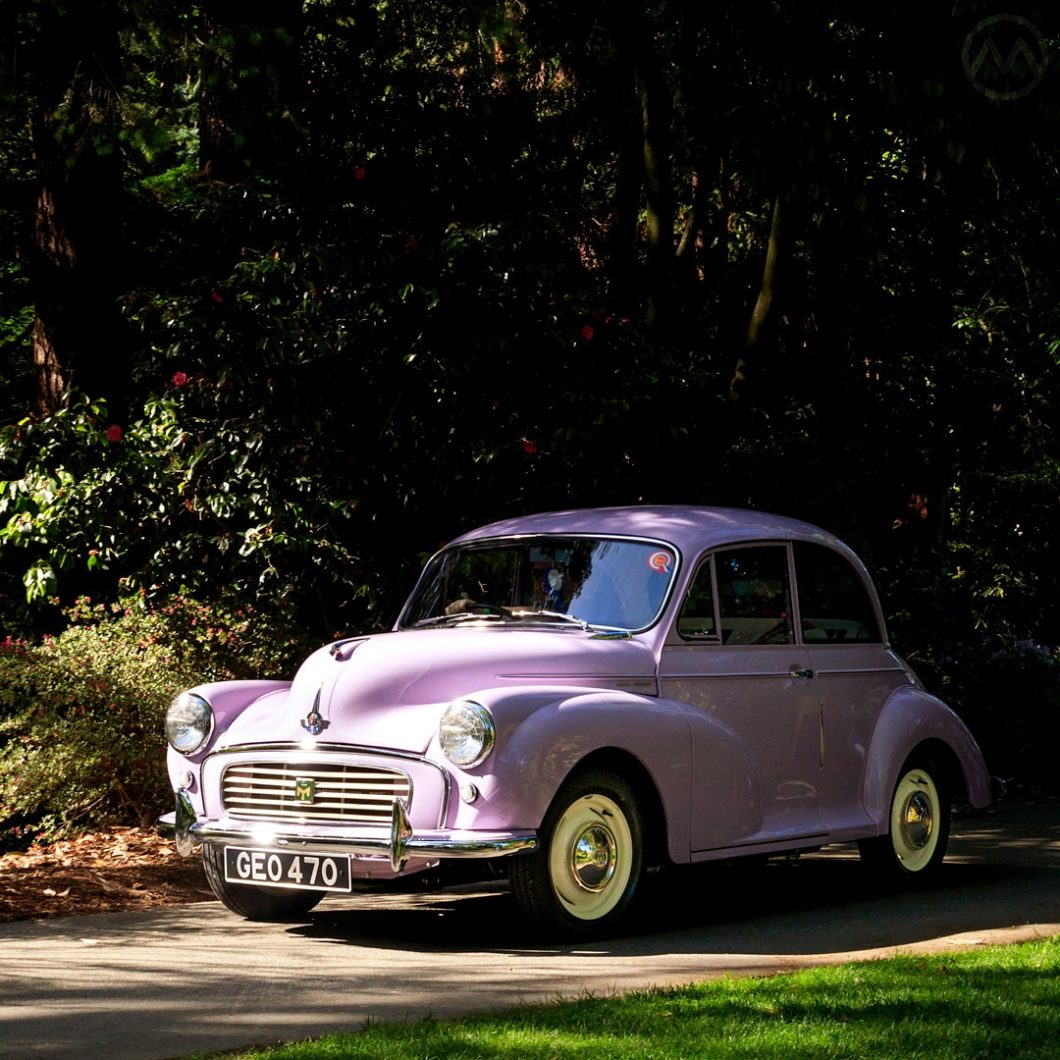It was the fourth of January, 1961 – freshly returned from the holidays, the workforce at Cowley reached a very special milestone – the 1,000,000th Morris Minor rolled off the line – the first British car to hit that milestone.
A staple of British roads to this day, by then the car had been in production for 13 years. It was durable, cheap, and a good handler even if it was quite slow at first. It quickly became a best seller and ultimately more than 1.7 million were made into 1972.
Designed by a team led by Alec Issigonis, the Minor was arguably his most profitable creation (the Mini is more famous, but also more complicated).
Issigonis
Issigonis had worked at Morris since 1936 and immediately became an important part of the engineering team – he quickly impressed chief engineer Vic Oak with his advanced suspension ideas.
Working under Oak and technical director Sidney Smith, as WW2 wound down, he designed an advanced small car for the postwar era, codenamed “Mosquito.”
It was radical – a space-maximizing unibody with an independent suspension, rack and pinion steering, and a flat four. Ideally, the engine could be produced in multiple sized for different markets, as envisioned by Morris’s then director Miles Thomas.
Issigonis would later say that he wanted the Minor to be a car “the average man would take pleasure in owning, rather than feeling of it as something he’d been sentenced to.” For that reason it was designed to maximize interior space for proper adults and be easy to drive – the Minor’s good handling traits were meant for ease of use, not sporting pretensions.
The car was a little too radical for William Morris (by then Lord Nuffield, who also hated the styling – which was in part determined by the interior space), and many features were scrubbed for production for cost or complexity. The flat four was axed in favor of the ancient Morris sidevalve four and the rear suspension got leaf springs – but much of the Mosquito remained in the production Minor.
The Minor is a Major Hit
Any fears about the car not selling quickly evaporated. Morris/Nuffield and Austin merged into British Motor Corp. 1952 and the old sidevalve was replaced by the Austin A-series (other in-family Nuffield motors were explored before this happened, but the A-series was a better idea).
By 1961, the car was offered with 948-cc A as the Minor 1000. Though British car exports were going strong, the first million-unit British car was a real moment worthy of commemoration.
BMC marked the occasion with a special run of 350 “Minor Millions.” The actual millionth car was donated to the U.K.’s National Union of Journalists’ benevolent fund, but 349 more were built for sale – mostly in the U.K., with 21 marked for export.
They were standard Minor 1000s underneath, but all came painted in a unique lilac shade with white leather interiors (with black piping) and a “1000000” badge where “1000” would ordinarily be.
GEO 470
“GEO 470” is Million #249, purchased new near Barrow by the grandfather of current owner Chris P., whose grandparents drove it until the mid-1960s before selling it to one of their daughters, Chris’ aunt Joan. She used it regularly until it was parked in 1972, remaining in a shed until 2017.
It was restored to a very high standard in the U.K. in 2018 by Charles Ware’s Morris Minor Centre and shipped to its new home near Seattle; and is seen here at the recent Vancouver All-British show.
Although special editions would proliferate on the Mini, the Million was the only special Minor; although there certainly were tons of variants – pickups, vans, convertibles, and even Austin-badged Minors near the end – definitely a weird development for a car so totally identified with the Morris label.
With only 350 cars made, the Million is the rarest and most highly-prized Minor today. Local British car folks may be able to see it at the upcoming ABFM – Western Washington All British Field Meet, which is next week.

